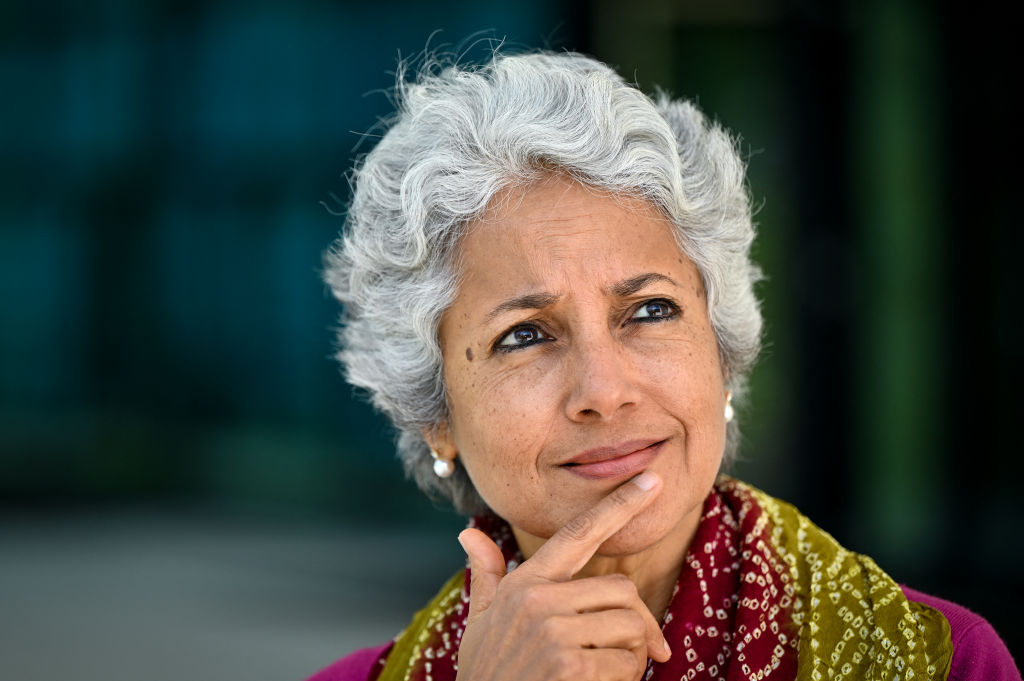- Friday, November 15, 2024
Former WHO chief scientist called for cross-ministerial and international collaboration to address the effects of climate change on health, gender and economic stability in the country

By: Shajil Kumar
ALMOST everyone in India is now vulnerable to the impacts of climate change, former chief scientist of the World Health Organisation Dr Soumya Swaminathan has said.
She also underscored the urgent need for cross-ministerial and international collaboration to address its effects on health, gender and economic stability in the country.
Swaminathan pointed to women and children as especially vulnerable to these climate-driven health risks.
In an interview with PTI on the sidelines of global climate talks COP29 here in Azerbaijan’s capital Baku, Swaminathan called for a concerted approach, saying, “practically everyone in India is now vulnerable to climate change impacts, from extreme heat to vector-borne diseases. Addressing this requires close cooperation.”
“We know that climate change has disproportionate impacts on women and children,” she explained, noting how women, particularly in rural areas, face increased health risks due to continued reliance on solid fuels for cooking.
She emphasised that “access to clean energy for everyone is a priority.”
This, she argued, would not only reduce health risks associated with indoor air pollution but also lessen India’s carbon footprint, marking a crucial step toward sustainable development.
Climate-related health risks in India are varied, ranging from immediate effects such as respiratory illnesses due to air pollution, to long-term issues like malnutrition stemming from disrupted agricultural cycles.
Swaminathan noted that more than 80 per cent of India’s population is now exposed to these risks, emphasizing that “everybody is now vulnerable,” from rural farmers to urban migrants.
She highlighted the specific challenges faced by the urban poor, especially migrants who live in peri-urban areas with inadequate housing and sanitation, which exposes them to greater risks during floods and extreme weather events.
With health as a central theme, Swaminathan stressed the benefits of green public transportation, an initiative she described as a “win-win solution.”
She said that reducing pollution would positively impact public health by curbing respiratory and cardiovascular diseases.
She also highlighted that India’s urban centres are hotspots for these health issues due to dense populations and high pollution levels.
Swaminathan called for policies that integrate both health and climate objectives, stressing that this approach can drive development while building resilience against climate risks.
Dr Swaminathan pointed to recent studies indicating that climate-related air pollution alone costs the global economy trillions of dollars annually, affecting productivity, agriculture, and even tourism. (PTI)